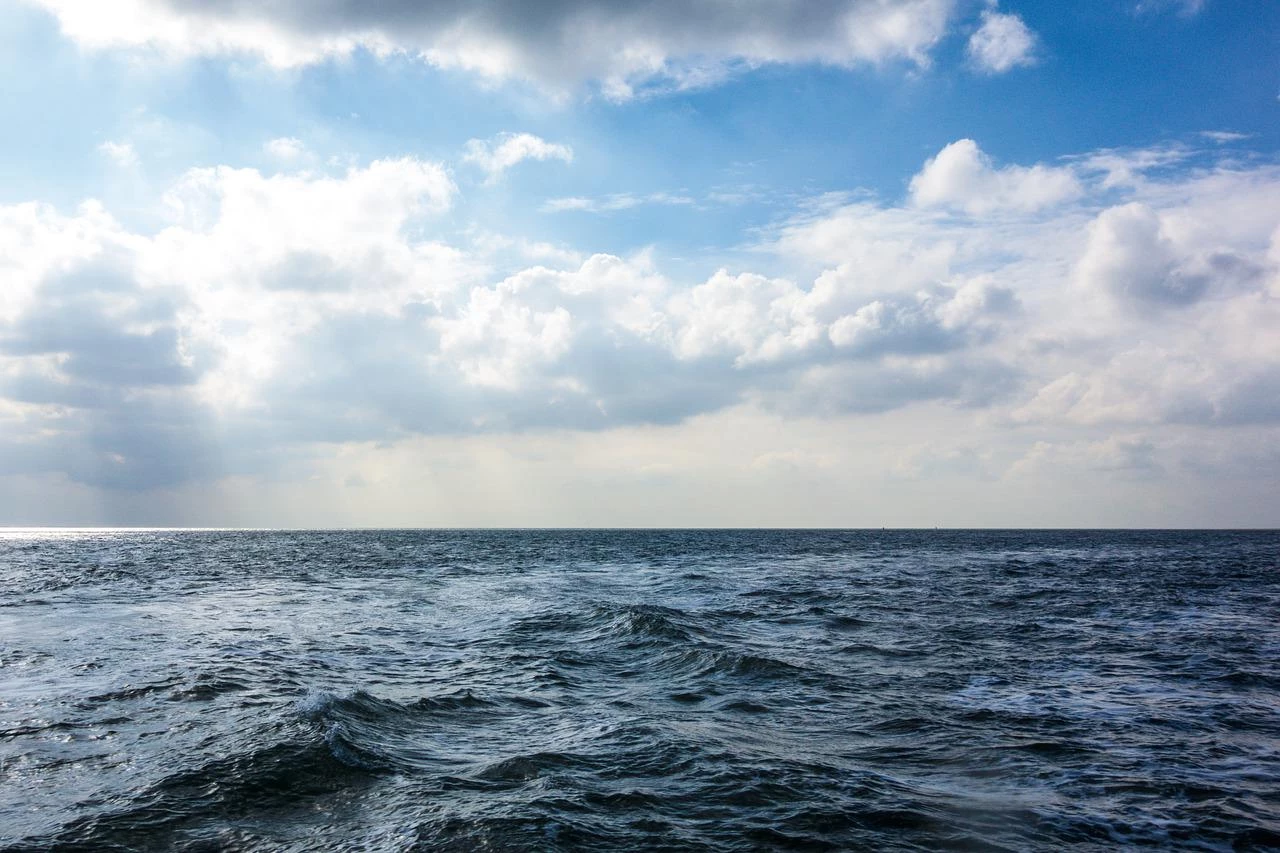
Bids invited in UK’s first-ever carbon storage licensing round
The North Sea Transition Authority (NSTA) is today (14 June) launching the UK’s first-ever carbon storage licensing round with 13 areas of exciting potential available.
Andy Samuel, NSTA Chief Executive, said, “this is an important day on the path to net zero emissions. In addition to the huge environmental benefits of significantly reducing carbon dioxide emissions into the atmosphere, the facilities will provide opportunities for many thousands of highly-skilled jobs. “
The new carbon storage areas, alongside the six licences which have been issued previously, could have the ability to make a significant contribution towards the aim of storing 20-30 million tonnes of carbon dioxide (CO2) by 2030.
The areas being offered for licensing are off the coast of Aberdeen, Teesside, Liverpool and Lincolnshire in the Southern North Sea, Central North Sea, Northern North Sea, and East Irish Sea and are made up of a mixture of saline aquifers and depleted oil and gas field storage opportunities.
This round is envisaged to be the first of many as it is estimated that as many as 100 CO2 stores could be required in order to meet the net zero by 2050 target.
Carbon capture and storage (CCS) involves the capture of CO2 emissions from industrial processes and will play a crucial role in decarbonising the UK’s major industrial hubs such as Teesside and Humberside. This CO2 is then transported from where it was produced, via ship or in a pipeline, and stored offshore, deep underground in geological formations.
Andy added, “carbon storage is going to be needed across the world. There is growing investor appetite and we are keen to accelerate development of the carbon storage sector so that UK is well-positioned to be a global leader.”
The level of interest already expressed suggests there will be strong competition meaning that prospective licensees will need to produce high-quality bids to win licences.
There are currently six carbon storage licences on the UK Continental Shelf which could meet up to one-fifth of storage needs, if they reach their maximum potential of up to 40 million tonnes per annum (MTPA) injection rates by the mid-2030s.
The Government’s Ten-Point Plan, published in November 2020, supported the establishment of carbon capture, usage and storage in four clusters - in areas such as the North East, the Humber, North West, Scotland and Wales – encouraging private sector investment.
Energy & Climate Change Minister Greg Hands said, “We’re determined to make the UK a world leader in carbon capture, which will be crucial in helping us reduce emissions and protect the viability and competitiveness of British industry.”
Looking to promote your product/service to SME businesses in your region? Find out how Bdaily can help →
Enjoy the read? Get Bdaily delivered.
Sign up to receive our daily bulletin, sent to your inbox, for free.








 The value of using data like a Premier League club
The value of using data like a Premier League club
 Raising the bar to boost North East growth
Raising the bar to boost North East growth
 Navigating the messy middle of business growth
Navigating the messy middle of business growth
 We must make it easier to hire young people
We must make it easier to hire young people
 Why community-based care is key to NHS' future
Why community-based care is key to NHS' future
 Culture, confidence and creativity in the North East
Culture, confidence and creativity in the North East
 Putting in the groundwork to boost skills
Putting in the groundwork to boost skills
 £100,000 milestone drives forward STEM work
£100,000 milestone drives forward STEM work
 Restoring confidence for the economic road ahead
Restoring confidence for the economic road ahead
 Ready to scale? Buy-and-build offers opportunity
Ready to scale? Buy-and-build offers opportunity
 When will our regional economy grow?
When will our regional economy grow?
 Creating a thriving North East construction sector
Creating a thriving North East construction sector